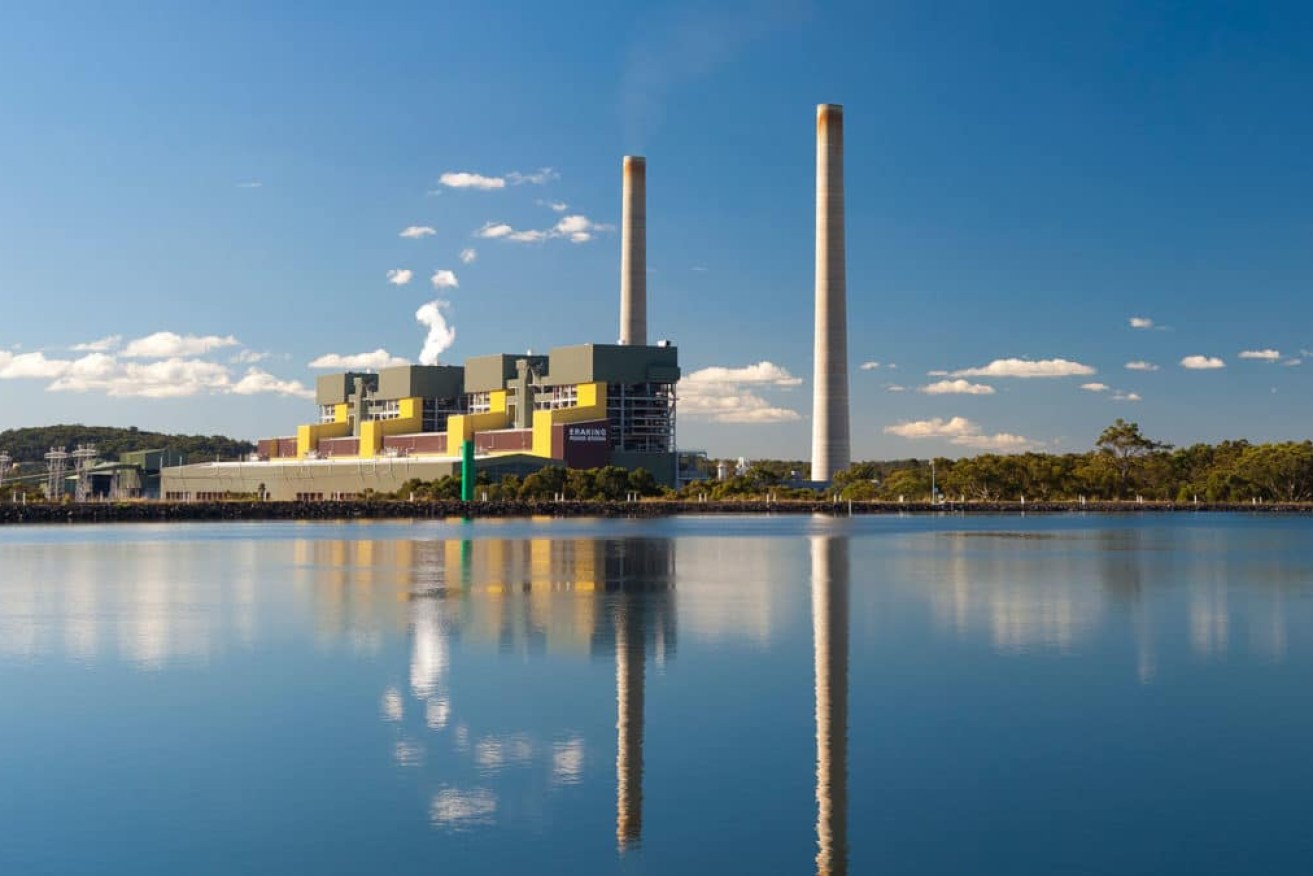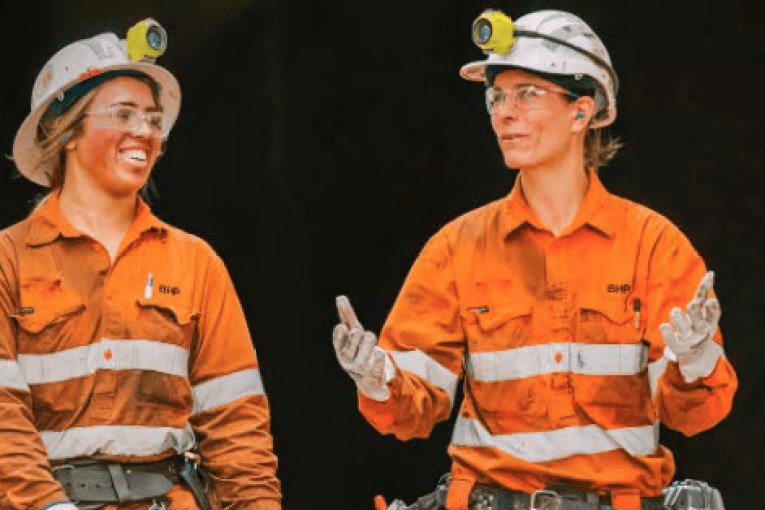‘Every household, every business’ to be hit by massive net zero changes, says NAB
Future investment of about $70 billion must shift to low-emission by 2030 in what the NAB has called the “great reallocation” of spending.


The impact of net zero policy will hit everything from small businesses to massive power generators.
The bank said a study it commissioned from Deloitte Access Economics found that every household and every business would be impacted if Australia was to achieve its net zero emission targets.
And if there was no further or significant climate action, economic losses of $3.4 trillion would occur. If decarbonisation was achieved the gains would be worth about $890 billion.
The Deloitte report said four key sectors, which represented 90 per cent of Australia’s emissions, must shift from emission intensive to low emission. They were energy, mobility, raw material manufacturing and food and land use.
It said about $20 trillion in forecast investments by Australian governments and industry by 2050 needed to be spent differently to get to net-zero greenhouse gas emissions. The four sectors were expected to attract about $4 trillion in net capital flow and investment by 2050 and that would need to be spent differently, the bank said.
The report says a total of $400 billion must be invested to transform the four sectors.
This included $100 billion for energy, $30 billion for mobility or transport, $50 billion in raw materials and manufacturing, and $20 billion to overhaul food production and land use.
About $200 billion of new capital was tagged for “enabling services” across financial, insurance, business, real estate, communication, recreational and other support out to 2050.
The additional level of capital investment required also accounted for the continued physical impact of floods, fires and heat waves on the economy from climate change.
NAB chair Philip Chronican said climate change was a defining issue of our time and the transition to a low emission economy would be difficult and complex but the opportunities it presented were immense.
“This is the great reallocation. We will need to change where we invest and what will drive economic growth,” he said.
Its competitor Westpac also announced its financing plans putting the oil and gas sector on notice after previously saying it would exit thermal coal financing by 2030.
NAB chief executive Ross McEwan said the net zero mandate would become a dominant business focus.
“The next decade is critical. We need to mobilise funding to make the structural changes needed in our economy that will set us on the path to grow and create jobs,” McEwan said.
“Given the solutions do not yet exist for some industries and some customers, it is critical that business, governments and the broader community work together to tackle the challenge.
If co-ordinated and early action is taken towards Australia’s decarbonisation, the economy stands to gain around $890 billion over the next 50 years, the report finds.












